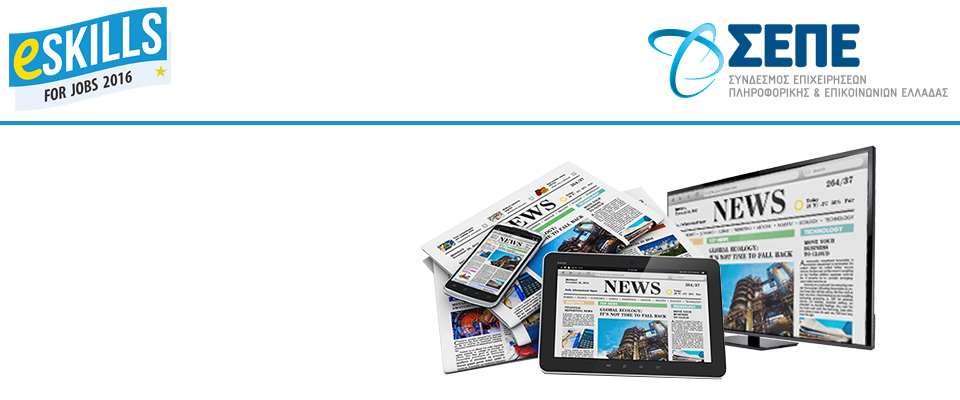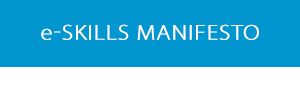ΝΕΑ

30/03/2016
Availing the full potential of technology
In this context, the World Economic Forum has taken on a multi-year initiative – New Vision for Education – a report that examines the pressing issue of skills gaps and explore ways to address these gaps through technology. The organisation also tries to identify and define the 16 most critical “21st-century skills”.
This study, focused on nearly 100 countries, reveals that too many students are still not getting the education they need to prosper in the 21st century, and countries are not finding enough of the skilled workers they need to compete. However, several innovations in the education technology space are beginning to show potential in helping address skills gaps. In addition, education technology can be uniquely deployed to facilitate the teaching of 21st-century skills such as communication, creativity, resilience and cooperation.
According to the World Economic Forum, it is crucial to delivering on a technology-enabled closed-loop instructional system. That means policy-makers, IT companies, educators, education technology providers and funders need to collaborate in an effective way. When implemented thoughtfully, these collaborations can begin to bring the most effective technologies to more of the world’s students in an effort to address 21st-century skills gaps.
To read the full report access here.










